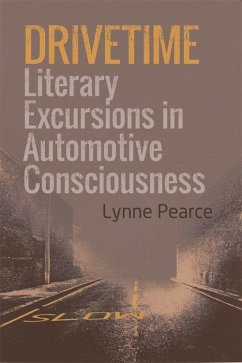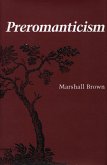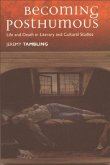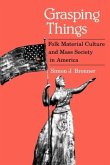*APPROVED* PPC spine 16mm, 274 x 368mm. 'This landmark book traces the emergence of automotive consciousness, combining auto-ethnographic reflection, literary analysis and cultural theory to examine the unfolding of the 'driving-event' in the twentieth century. Drawing upon literary theory, cultural studies, human geography, psychology and sociology, it is an important addition to the inter-disciplinary field of mobility studies.' Peter Merriman, Aberystwyth University What sorts of things do we think about when we're driving - or being driven? Drivetime seeks to answer this question by drawing upon a rich archive of British and American texts from 'the motoring century' (1900-2000), paying particular attention to the way in which the practice of driving shapes and structures our thinking. While recent sociological and psychological research has helped explain how drivers are able to think about other things while performing this complex task, little attention has, as yet, been paid to the form these cognitive and affective journeys take. Pearce uses her close readings of literary texts - ranging from early twentieth-century motoring periodicals, Modernist and inter-war fiction, American 'road-trip' classics and autobiography - in order to model different types of 'driving-event' and, by extension, the car's use as a means of phenomenological encounter, escape from memory, meditation, problem-solving and daydreaming. Lynne Pearce is Professor of Literary Theory in the Department of English and Creative Writing at Lancaster University and Director for the Humanities at the Centre for Mobilities Research (CeMoRe).She has published widely in the field of literary and cultural theory and women's writing Cover image: Slow, 1972, Gerd Winner Cover design: [EUP logo] edinburghuniversitypress.com ISBN 978-0-7486-9084-8 Barcode
Hinweis: Dieser Artikel kann nur an eine deutsche Lieferadresse ausgeliefert werden.
Hinweis: Dieser Artikel kann nur an eine deutsche Lieferadresse ausgeliefert werden.








